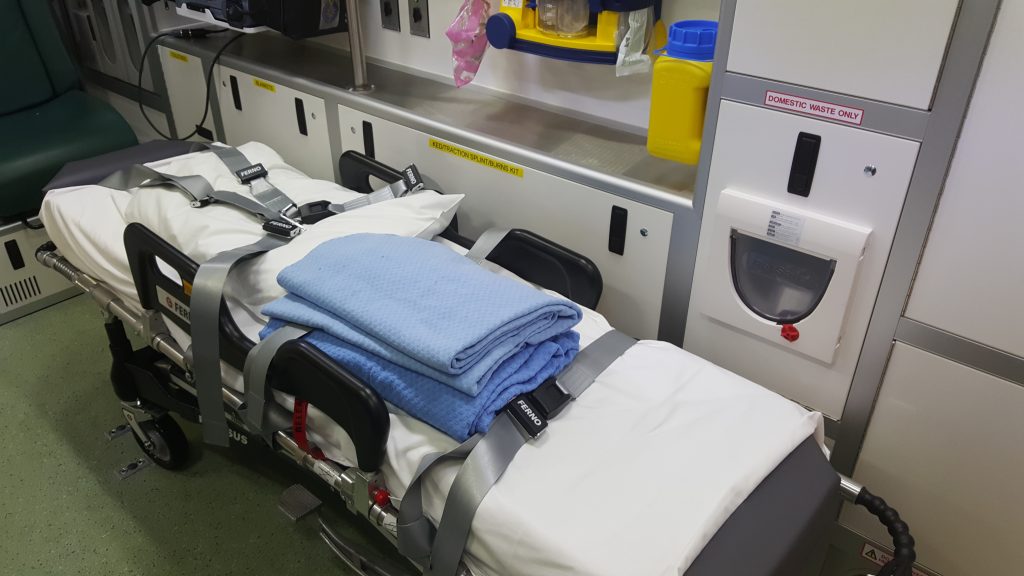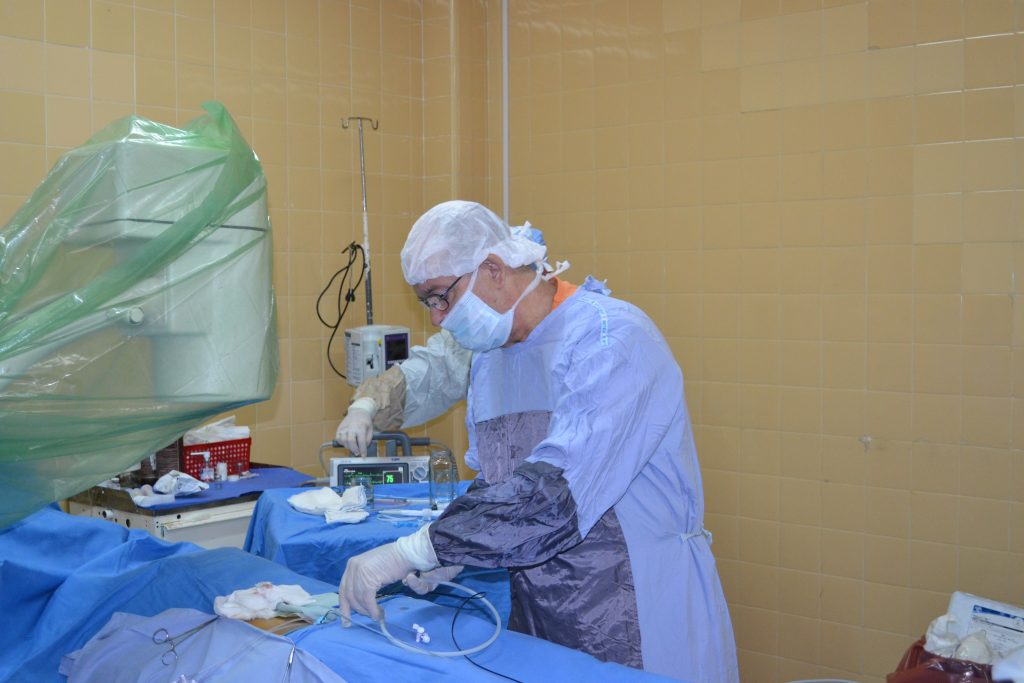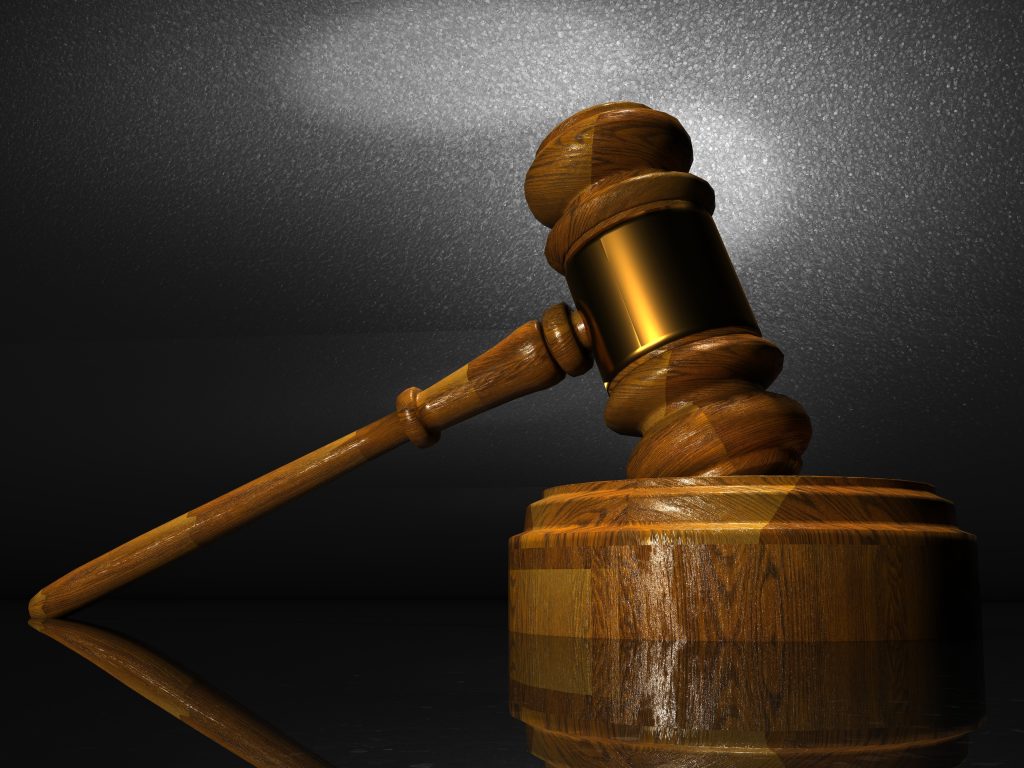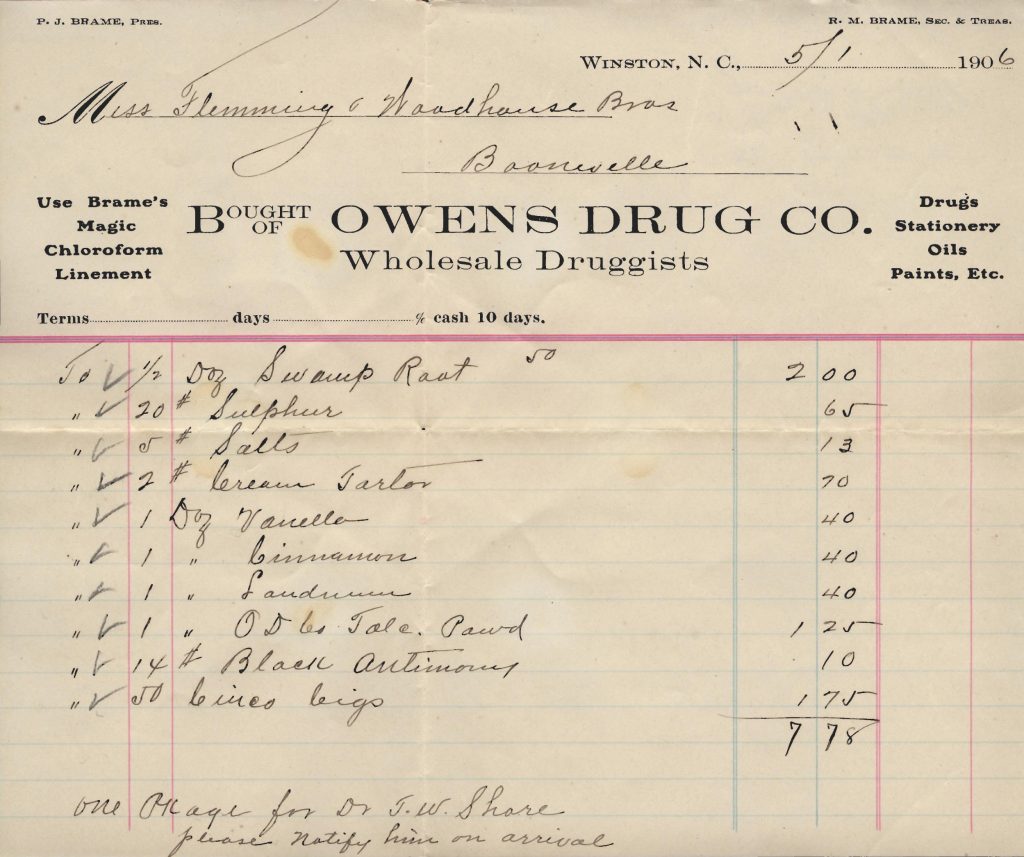 Physically demanding jobs can result in workplace injuries that prevent employees from working and earning a wage. However, it is essential when filing a worker’s compensation claim not only to prove your claim but to do so within the timelines required by the courts. A workplace accident claim filed in Metairie, Louisiana shows the importance of timeliness in workers’ compensation lawsuits and helps answer the question; What is the Deadline to File a Workers’ Compensation Claim in Louisiana?
Physically demanding jobs can result in workplace injuries that prevent employees from working and earning a wage. However, it is essential when filing a worker’s compensation claim not only to prove your claim but to do so within the timelines required by the courts. A workplace accident claim filed in Metairie, Louisiana shows the importance of timeliness in workers’ compensation lawsuits and helps answer the question; What is the Deadline to File a Workers’ Compensation Claim in Louisiana?
Tramaine Eugene-Robinson was working as an EMT for East Jefferson General Hospital in late 2014. While transporting a patient on a stretcher, a malfunction occurred, causing her to drop the patient and injure her back and knees. When EJGH did not pay her wage benefits, Ms. Eugene-Robinson sued in 2017, alleging that she had suffered an injury of a “developmental nature,” meaning that the injury developed sometime after the actual accident. Although EJGH acknowledged that the plaintiff had experienced an injury at work, they argued that her claim was untimely under La. R.S. 23:1209(A).
La. R.S. 23:1209(A) sets time limits on worker’s compensation claims. The courts have recognized two different situations that establish the date that an injury turns into a disability: 1) the date the employee must stop working due to the injury or 2) the date that an employee is diagnosed as disabled. Winford v. Conerly Corp.
 Louisiana Personal Injury Lawyer Blog
Louisiana Personal Injury Lawyer Blog


 Many jobs require physical labor, which comes with some risks of injury on the clock, especially for those who install and move equipment. Sometimes you get injured while working, and you think, “maybe I can just work through this.” However, if you attempt to work through an injury and don’t report it immediately to your employer, they may try to avoid paying you workers’ compensation benefits. This happened to James Payton, a veteran and previous employee of NASA. Payton’s case helps answer the question; Can I get Workers’ Compensation Benefits if I Don’t Immediately Report My Injury?
Many jobs require physical labor, which comes with some risks of injury on the clock, especially for those who install and move equipment. Sometimes you get injured while working, and you think, “maybe I can just work through this.” However, if you attempt to work through an injury and don’t report it immediately to your employer, they may try to avoid paying you workers’ compensation benefits. This happened to James Payton, a veteran and previous employee of NASA. Payton’s case helps answer the question; Can I get Workers’ Compensation Benefits if I Don’t Immediately Report My Injury?  If you are involved in a lawsuit, you probably have a lot of things on your mind. However, you must pay attention to the required deadlines and time to respond to documents from the other side, including requests for admission. If you do not respond on time, you might be deemed to have admitted to facts that are helpful to the other side. That could cause significant implications for your lawsuit. The following Louisiana lawsuit shows the deadline to answer and the effect of admission requests.
If you are involved in a lawsuit, you probably have a lot of things on your mind. However, you must pay attention to the required deadlines and time to respond to documents from the other side, including requests for admission. If you do not respond on time, you might be deemed to have admitted to facts that are helpful to the other side. That could cause significant implications for your lawsuit. The following Louisiana lawsuit shows the deadline to answer and the effect of admission requests. If you have ever watched a legal television show, you have seen the wide variety of evidence presented. Even if your lawsuit is not as high-stakes as the latest murder mystery show, it is still important to present sufficient evidence to satisfy your burden of proof and prevail on your claim. Otherwise, your case could get dismissed on a motion for summary judgment. The following lawsuit involving a slip in fall in a Louisiana convenience store discusses the concept of open and obvious risks.
If you have ever watched a legal television show, you have seen the wide variety of evidence presented. Even if your lawsuit is not as high-stakes as the latest murder mystery show, it is still important to present sufficient evidence to satisfy your burden of proof and prevail on your claim. Otherwise, your case could get dismissed on a motion for summary judgment. The following lawsuit involving a slip in fall in a Louisiana convenience store discusses the concept of open and obvious risks. What happens if you win a lawsuit but the other side moves to reduce the amount of money you were awarded? This is the situation Marcus Berry found himself in after he was awarded over a million dollars in damages due to injuries he suffered in a car accident.
What happens if you win a lawsuit but the other side moves to reduce the amount of money you were awarded? This is the situation Marcus Berry found himself in after he was awarded over a million dollars in damages due to injuries he suffered in a car accident.  Scheduling a post-accident surgery promptly may be essential to ensure complete physical recovery. Sometimes, the scheduling of post-accident surgery matters less. However, scheduling your surgery prudently may pay off when recovering damages in court, as one plaintiff found in a recent appeal discussed below.
Scheduling a post-accident surgery promptly may be essential to ensure complete physical recovery. Sometimes, the scheduling of post-accident surgery matters less. However, scheduling your surgery prudently may pay off when recovering damages in court, as one plaintiff found in a recent appeal discussed below.  Most lawsuits begin with a petition that lays out the facts and basis for a claim. These facts are pertinent to the survival of each claim and defense. Many pretrial hearings and motions are based on what is pleaded in the petition. The face of each pleading can determine the case’s outcome from the beginning.
Most lawsuits begin with a petition that lays out the facts and basis for a claim. These facts are pertinent to the survival of each claim and defense. Many pretrial hearings and motions are based on what is pleaded in the petition. The face of each pleading can determine the case’s outcome from the beginning.  When a case ends at the trial court level, the judge signs a physical order document laying out the court’s decisions. This physical order document is called a final judgment; every case will only have one final judgment. Final judgments cannot be amended easily by either the trial court or the parties. The only permissible amendments are those that fix basic errors, such as spelling or arithmetic; all other modifications or changes should be brought up on appeal or in a motion for a new trial.
When a case ends at the trial court level, the judge signs a physical order document laying out the court’s decisions. This physical order document is called a final judgment; every case will only have one final judgment. Final judgments cannot be amended easily by either the trial court or the parties. The only permissible amendments are those that fix basic errors, such as spelling or arithmetic; all other modifications or changes should be brought up on appeal or in a motion for a new trial.  The legal system is complicated, with many “dos-and don’ts.” Whether or not you can have your case heard in court first requires following the rules guiding the sufficiency of your claim. If your complaint fails to show that you have a right to bring the case against your defendant, your case might be dismissed. But how strictly interpreted is this rule? What does it look like when a cause of action is sufficient to be heard or ripe for dismissal?
The legal system is complicated, with many “dos-and don’ts.” Whether or not you can have your case heard in court first requires following the rules guiding the sufficiency of your claim. If your complaint fails to show that you have a right to bring the case against your defendant, your case might be dismissed. But how strictly interpreted is this rule? What does it look like when a cause of action is sufficient to be heard or ripe for dismissal? In the United States, parents are often deemed responsible for the criminal conduct of their minor child. But the rules guiding this concept could be more precise and are subject to much controversy. How do we decide when that duty exists and when it ends? A Louisiana court answers the question, does parental liability extend over adult children in Louisiana?
In the United States, parents are often deemed responsible for the criminal conduct of their minor child. But the rules guiding this concept could be more precise and are subject to much controversy. How do we decide when that duty exists and when it ends? A Louisiana court answers the question, does parental liability extend over adult children in Louisiana?